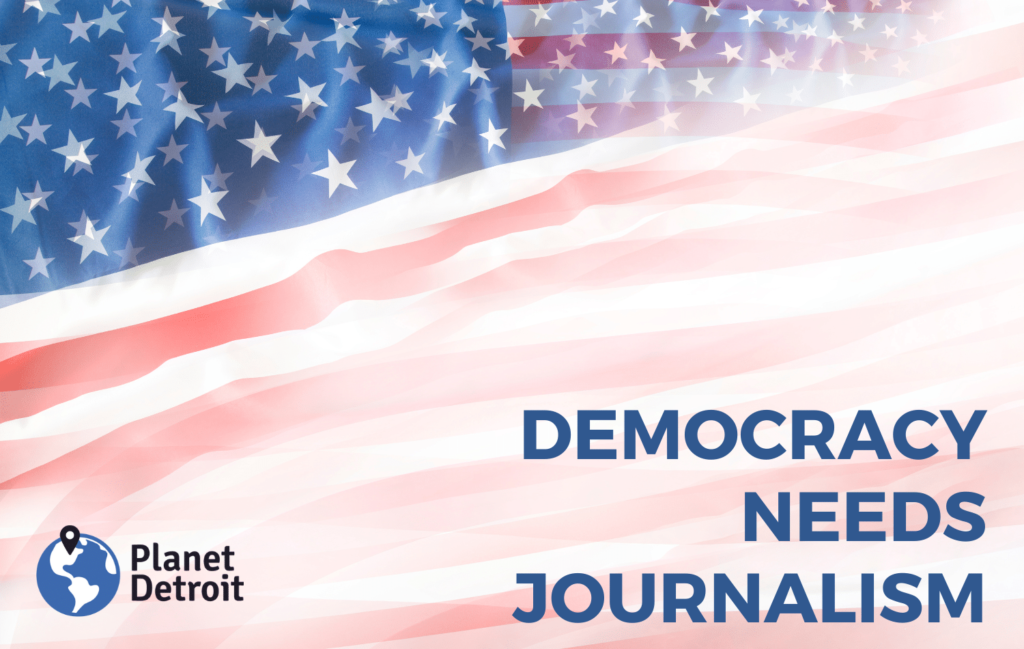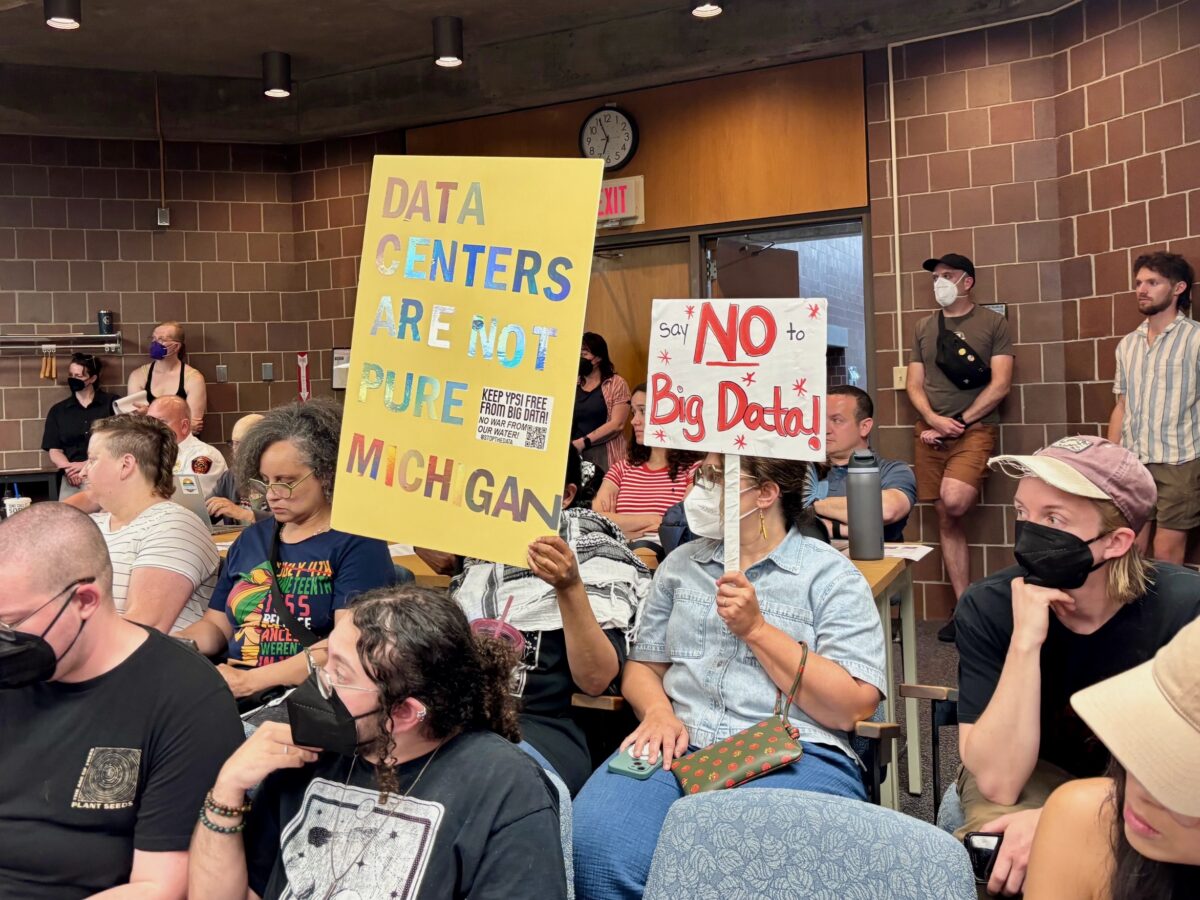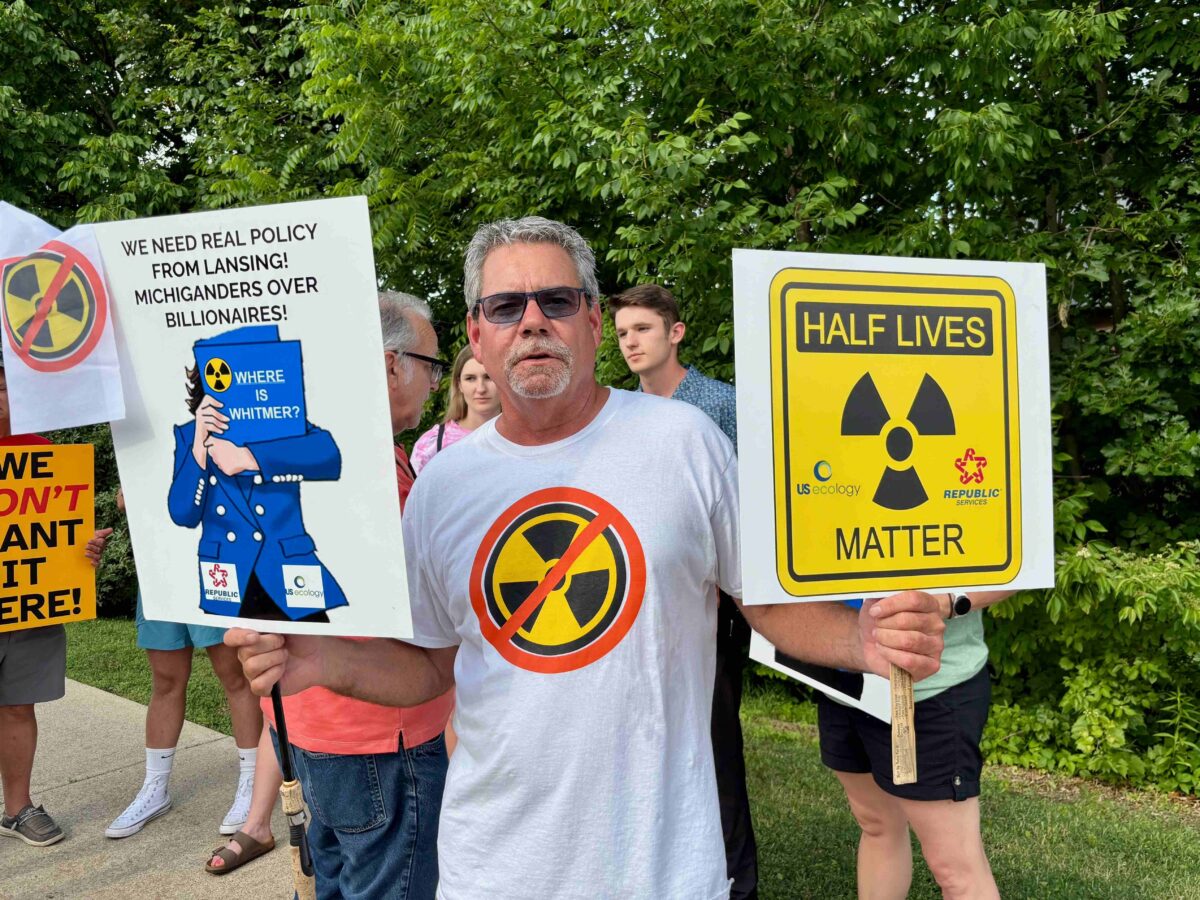My three daughters and I arrived in Michigan from Pakistan in 2000.
Moving here was my choice, and I followed the legal process. Before the move, I had often been to the United States. I was familiar with the culture and spoke fluent English, so I thought I was prepared.
Resuming my career as a physician in the U.S. was arduous, but I finally passed all the qualifying exams and completed a psychiatry residency at Michigan State University in 2006. After finishing my studies, I stayed on as faculty.
Of course, there is nothing new or particularly unique about my family’s experience. Immigration, whether it is out of choice or forced by conflict, has always been part of the American experience. After all, the U.S. Constitution was signed by seven first-generation immigrants.
Experts will tell you that immigration makes our country stronger economically, culturally and in fields like science and medicine. Since I’m a doctor, I’m well aware that 26% of licensed U.S. physicians and surgeons are immigrants.
But it is also true that immigrants like me face stresses that harm our psychical and mental health.
I teach cultural psychiatry to medical students and residents, specifically how to provide culturally appropriate care to Muslim patients. After more than 20 years in Michigan, I’m deeply rooted in the Muslim and immigrant community, and I’ve seen firsthand how anxious and uncertain my community is about the 2024 presidential election.
Panic attacks and depression
Republican presidential candidate Donald Trump has called immigrants “bloodthirsty criminals” and the “most violent people on Earth.” He claims that immigrants were “poisoning the blood of our country.” Research shows, and I’ve seen personally, how this kind of talk can cause anxiety and depression in immigrants both undocumented and legal.
Undocumented immigrants and their families, who live in precarious conditions and in fear of being deported, are especially vulnerable to Trump’s calls for mass deportations.
History has taught us that a politician’s hateful words can lead to violence.
In the first half of 2024, the Michigan Chapter of the Council on American-Islamic Relations documented 239 complaints of discrimination against Muslims, an 81% increase over the same period in 2023. In the report, CAIR-MI Executive Director Dawud Walid attributed the uptick to “policies of elected officials, rhetoric of candidates running for office, along with victim blaming by some political pundits.”
Adding to the situation are the deepening crises in the Gaza Strip and Lebanon, which are making Muslims in Michigan, especially those with relatives in the Middle East, reel with palpable grief.
This rise in Islamophobia and fear of an uncertain future is taking a toll. American Muslims are twice as likely to attempt suicide compared with people from other faiths.
Anxiety in the voting booth
Like 73% of all Americans, immigrants are anxious about the election.
With the politicization of baseless claims of undocumented immigrants voting, the fact is that naturalized citizens – who have every right to take part in the election – are a formidable voting bloc, making up 1 in 10 of the nation’s eligible voters and about 5% in Michigan.
What’s more, naturalized citizens tend to vote at higher rates than native-born citizens.
Still, for many Muslims in Michigan, it is hard to know how to vote this year. I don’t trust either of the major parties.
Michigan’s Muslims are feeling devalued and disenfranchised.
A key Arab American political action committee based in Michigan refused to endorse either candidate this cycle. Although the PAC typically backs Democrats, this year it said “neither candidate represents our hopes and dreams as Arab Americans.”
In late September, a national group of three dozen Muslim American scholars and imams signed an open letter calling on Muslims not to vote for Democratic nominee Kamala Harris.
“We want to be absolutely clear,” the letter reads, “don’t stay home and skip voting. This year, make a statement by voting third party for the presidential ticket.”
A group called Listen to Michigan gained attention during the primaries by attracting more than 100,000 people to vote “uncommitted” as a protest against President Joe Biden’s funding of the war in Gaza. The group has stopped short of endorsing Harris but urged voters “not to cast their ballot for anyone but her.”
Still, some of my neighbors have decided to back Green Party candidate Jill Stein.
I know my vote is my voice, and I fully intend to participate in the electoral process. But I can’t trust any of the candidates to create a safe haven for my family – a place where my daughters and I can thrive and live our American dream.![]()
Farha Abassi, Assistant Professor of Psychiatry, Michigan State University
This article is republished from The Conversation under a Creative Commons license. Read the original article.





